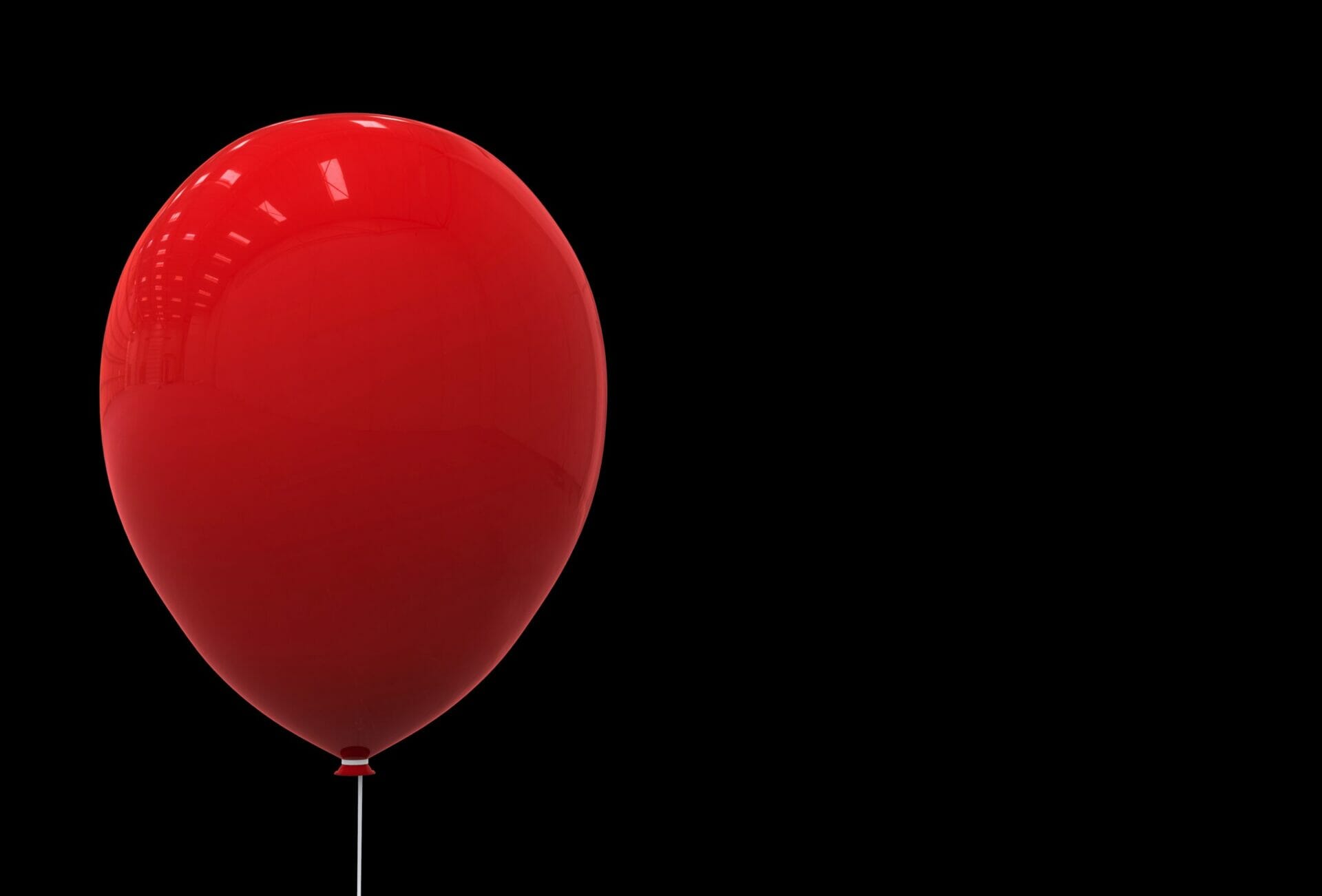
It | Stephen King's consecration to fame
Author
Year
Format
It is the story of a centuries-old malevolent creature and a group of kids, The Losers Club, who will fight it. Published in 1986, the book consecrated Stephen King to fame and, at the same time, defined him as a horror writer. While entering a Stephen King novel almost always implies crossing the threshold into a world populated by the supernatural, fear, and evil, this evil tends to have very human features.
Very often, the fantastic – because of its popularity – bears the stigma of not being literary enough. But one must ask oneself what literature should be about: if it is a tool that plumbs the depths, the backside of our world, it must not forget how atrocious that world can be. In this, King – alongside Margaret Atwood, Shirley Jackson, or Jack Ketchum – is a master.
A rotten world
Stephen King’s It and its clownish incarnation, Pennywise, embody the wickedness that comes from indifference, the violence that suppurates from morbid and sick desires, the fake respectability, and the so-called concern of appearance that, like plastic wrap, covers a rotten and teeming world.
Derry, where It takes place, is a rotten city with rotten people populating it. Thus, the terrible things that happen, the monstrosity of It does nothing but mirror the monstrosity of Derry’s inhabitants, their incapacity to be kind or gentle – to be human. But beyond all this violence, the book unveils other layers. It’s a classic coming-of-age story, like The Body, another beautiful short story from King himself, or The Perks of Being a Wallflower, by Stephen Chbosky, which explores teenagers’ hidden trauma and first experiences (without any supernatural element).
From childhood to puberty
Intertwining two time periods (the Fifties and the Eighties), Stephen King’s It is able to narrate the poetic and vibrant representation of a transition, from childhood to puberty, that lives and breathes through the pages and resonates universally (the same reason Stranger Things has become such a phenomenon) as well as the failures and the freedom that come with becoming an adult.
Tag
Buy a ☕ for Hypercritic









